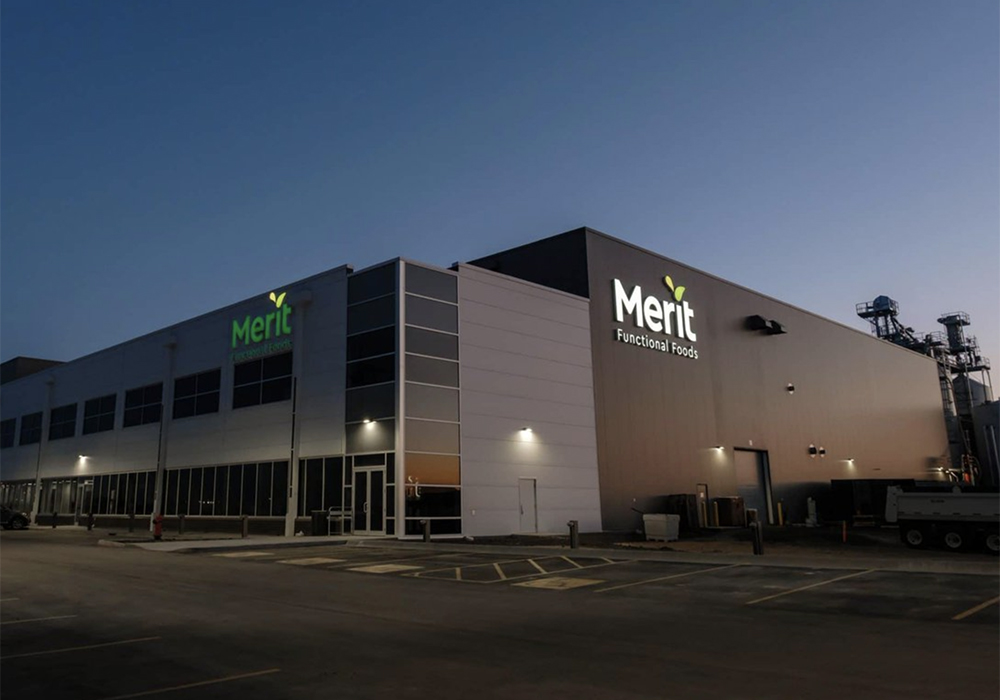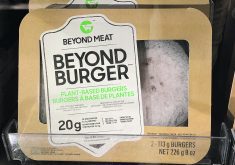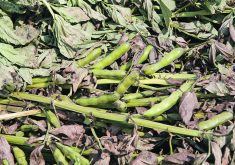Canola promoters are anxiously watching the situation with Merit Functional Foods, the canola protein processor that has fallen into receivership.
With the company quickly running out of cash, major lenders Export Development Canada and Farm Credit Canada successfully applied to the Court of King’s Bench in Winnipeg to have a receiver appointed on March 1. The company is a joint venture involving several partners, including Burcon NutraScience, which licensed its proprietary canola protein technology.
Protein Industries Canada, the federal science “supercluster” that has funded several projects involving the canola protein extracts produced at the Winnipeg plant, said it hopes the plant keeps operating as its financial and ownership complications are sorted out.
Read Also

Large wheat supply pressures prices
SASKATOON — World wheat prices are likely to continue falling as more bumper crops are harvested, says an analyst. Argus…
However, it is not seeing Merit’s calamity as a sign that canola protein has lost its potential as a high value product.
“I’m quite certain it’s good assets and a good technology,” Bill Greuel, chief executive officer of PIC, said in an interview.
“I truly believe the fundamentals that underpin the growth of the (plant protein) sector, which is a growing global population, consumers valuing plant-based foods… for the animal welfare benefits, for the environmental benefits, all of that stuff is still extremely relevant and we’ve got other organizations that are still commissioning plants, being successful, selling products and making investments.”
PIC has invested almost $10 million in research projects to help companies develop food and other products with the protein products produced within the state-of-the-art facility. The plant extracts protein elements from both canola and pea meal.
During the pandemic, the construction of the Merit plant in Winnipeg and the much larger Roquette pea protein plant in Portage la Prairie, Man., drew much attention. The surge of interest in non-meat, plant-based hamburgers and sausages became a worldwide phenomenon.
But early excitement about plant-based products outstripped the consumer reality, in which many tried the products and then returned to meat products. Some restaurants dropped new plant-based options they had tried, while grocery stores stopped seeing galloping growth in product sales.
However, Greuel thinks much potential for plant-based replacements for meat products remains, even if the growth rate has slowed.
“It’s still growing,” he said.
Most of the attention for stories on both soaring and declining sales of plant-based protein has been on burgers and sausages, yet many other products are incorporating plant protein in less visible ways.
Egg replacements are being developed, dairy alternatives such as “milk” beverages are succeeding and many innovations are in development, such as non-meat “muscle cuts” which can substitute for steak.
In Western Canada, peas have seen the biggest uptake from plant protein producers.
Merit’s ability to produce food-grade canola isolates is a unique element. That’s why Burcon’s development of the canola protein technology has been so important and why Merit’s ability to get canola protein into consumer products has been such a hopeful development. Usually, canola meal has to be cleared as a discounted feed product.
Yet canola meal is Canada’s biggest plant protein commodity, so boosting its value is essential for increasing the overall value of canola.
“That’s critically important for Canada,” said Greuel.
Contact ed.white@producer.com
















